As part of my first-year experience at UVM, I participated in the Life Science sector of the Liberal Arts Scholars Program (LASP) as a student in Biological Science. I found this program to be both rewarding and challenging to my ability as both a researcher and a self-starter. As students in LASP are required to be full-time first-year students, take the required first-year courses, and to take an extra LASP course on top of it, I found that I had to effectively schedule my own time. For this reason, being part of such a program comes with some responsibility and commitment to taking all the courses required, while also putting in the time and effort to produce high-quality work.
During the fall semester, students in the Life Science LASP were required to take a class on Nobel Prize winners in the life sciences with Dr. Bryan Ballif. It proved to be an informative introduction into the scientific method. Though I had taken many science courses in high school, as well as some college courses, prior to my enrollment at UVM, I realized very quickly that I hadn’t truly been exposed to the real application of the scientific method in the field of research. This class illustrated the variety of ways the basic structure of experimentation could be applied to individual projects. It also proved to expose me to a diverse range of research topics in the field of life sciences. Finally, I was also able to identify all necessary elements of a scientific research report, and recreate them, upon completion of this class.
During the spring semester, students in the Life Science LASP program took a class on Course-Based Undergraduate Research (CURE) with our director and advisor Dr. Laura May-Collado. As Dr. May-Collado’s lab specializes in marine soundscapes and marine biology, we had the opportunity to choose our own research project using existing data present in the lab. Though most of my fellow LASP students in the class worked in groups, I chose to complete an independent project on the acoustic variation in bottlenose dolphin whistles in the Caribbean. In order to analyze the raw data available, I spent several hours combing through recording of bottlenose dolphin whistles and assessing them based on parameters I chose alongside Dr. May-Collado. I actually found the data analysis-process to be incredibly relaxing and was able to let myself get lost in the whistles. Upon completing my data analysis, Dr. May-Collado assisted me in drawing conclusions from the results in order to create a poster of the project that was presented at the Student Research Conference (SRC)! Unfortunately, due to the Covid-19 outbreak, this conference was hosted electronically, however, it was still an opportunity that I remain grateful for. The Life Science Liberal Arts Scholars Program allowed me to further explore my scientific interests while developing research skills that will serve me well throughout the rest of my educational and professional careers.
During the fall semester, students in the Life Science LASP were required to take a class on Nobel Prize winners in the life sciences with Dr. Bryan Ballif. It proved to be an informative introduction into the scientific method. Though I had taken many science courses in high school, as well as some college courses, prior to my enrollment at UVM, I realized very quickly that I hadn’t truly been exposed to the real application of the scientific method in the field of research. This class illustrated the variety of ways the basic structure of experimentation could be applied to individual projects. It also proved to expose me to a diverse range of research topics in the field of life sciences. Finally, I was also able to identify all necessary elements of a scientific research report, and recreate them, upon completion of this class.
During the spring semester, students in the Life Science LASP program took a class on Course-Based Undergraduate Research (CURE) with our director and advisor Dr. Laura May-Collado. As Dr. May-Collado’s lab specializes in marine soundscapes and marine biology, we had the opportunity to choose our own research project using existing data present in the lab. Though most of my fellow LASP students in the class worked in groups, I chose to complete an independent project on the acoustic variation in bottlenose dolphin whistles in the Caribbean. In order to analyze the raw data available, I spent several hours combing through recording of bottlenose dolphin whistles and assessing them based on parameters I chose alongside Dr. May-Collado. I actually found the data analysis-process to be incredibly relaxing and was able to let myself get lost in the whistles. Upon completing my data analysis, Dr. May-Collado assisted me in drawing conclusions from the results in order to create a poster of the project that was presented at the Student Research Conference (SRC)! Unfortunately, due to the Covid-19 outbreak, this conference was hosted electronically, however, it was still an opportunity that I remain grateful for. The Life Science Liberal Arts Scholars Program allowed me to further explore my scientific interests while developing research skills that will serve me well throughout the rest of my educational and professional careers.
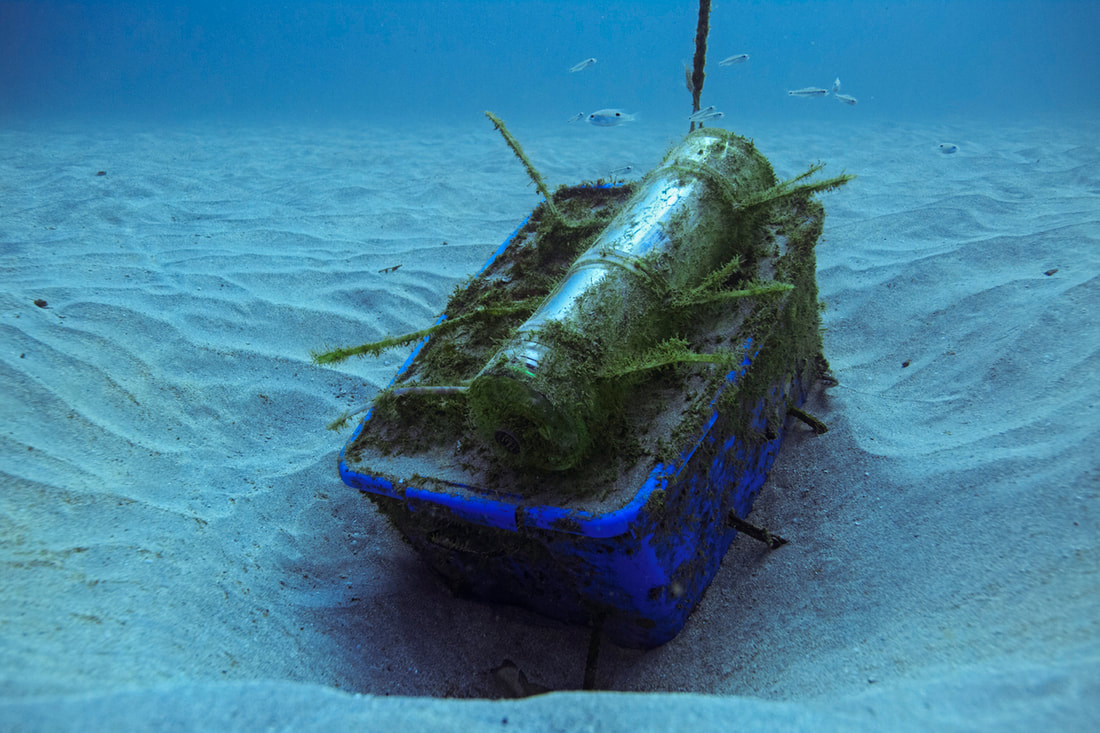
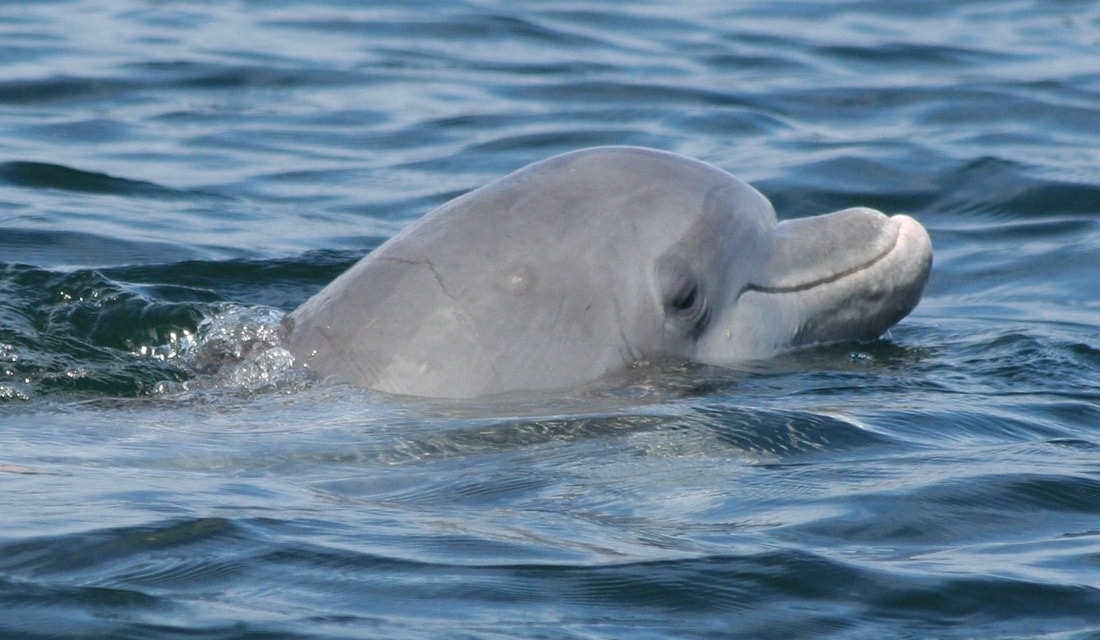
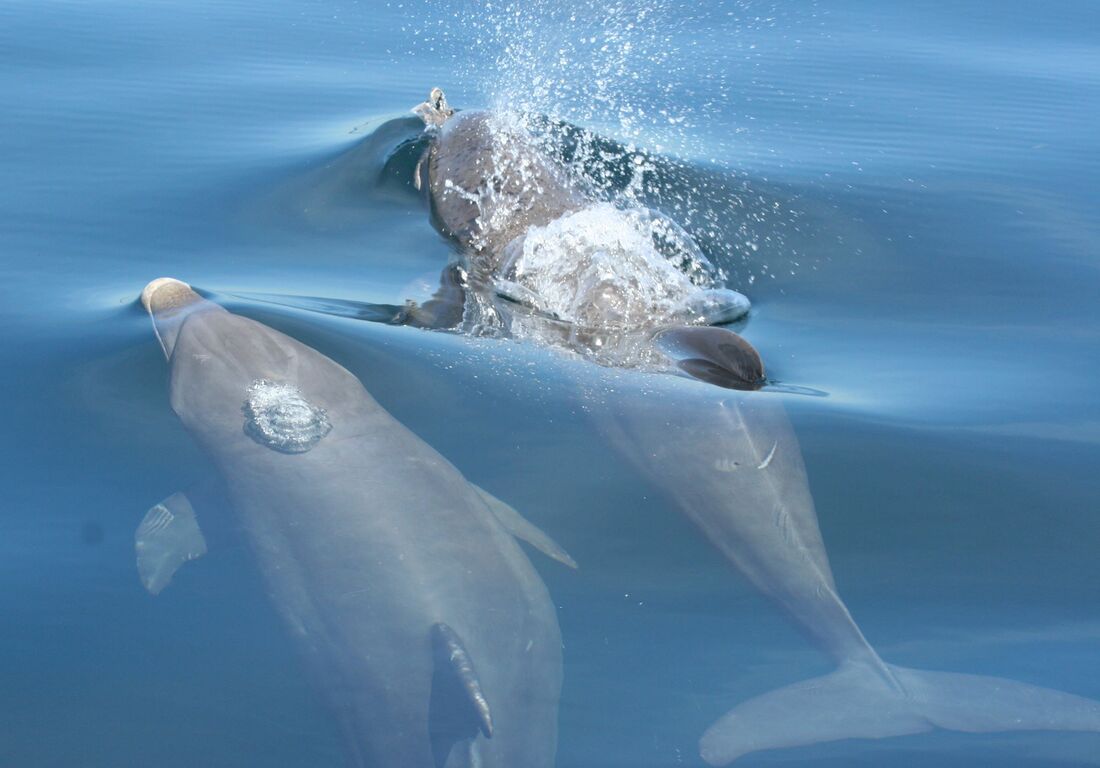
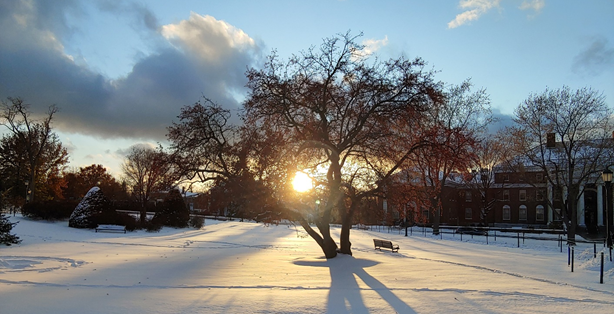
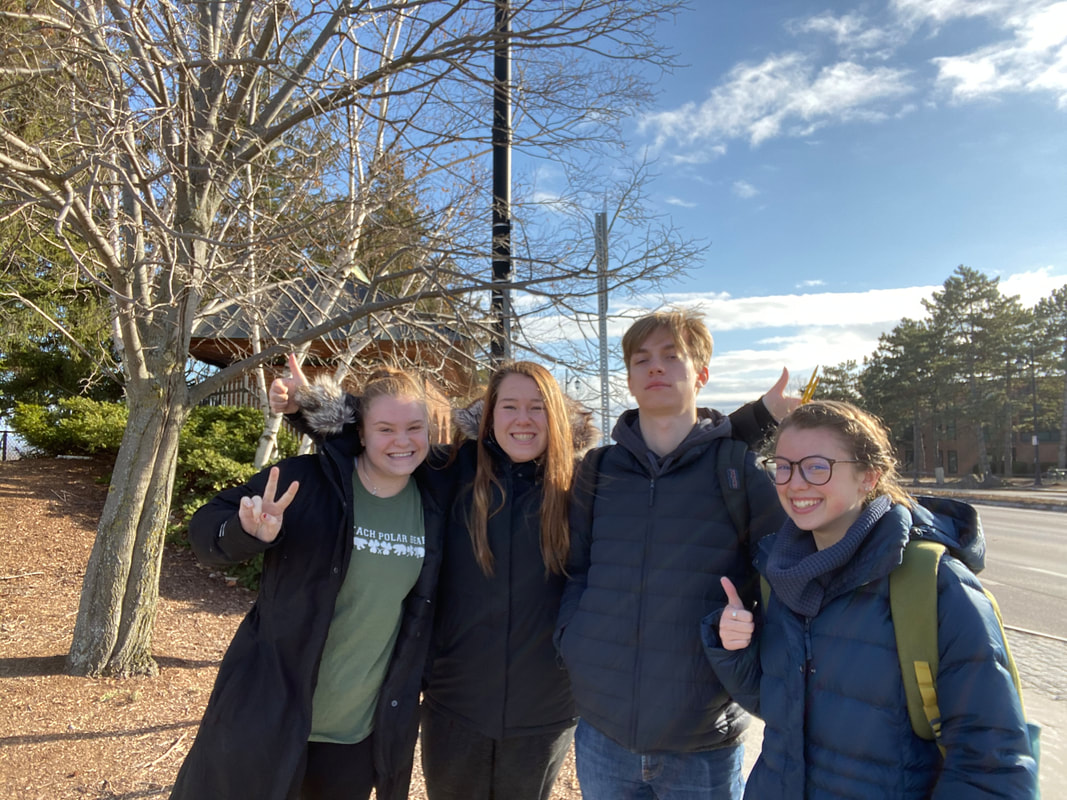
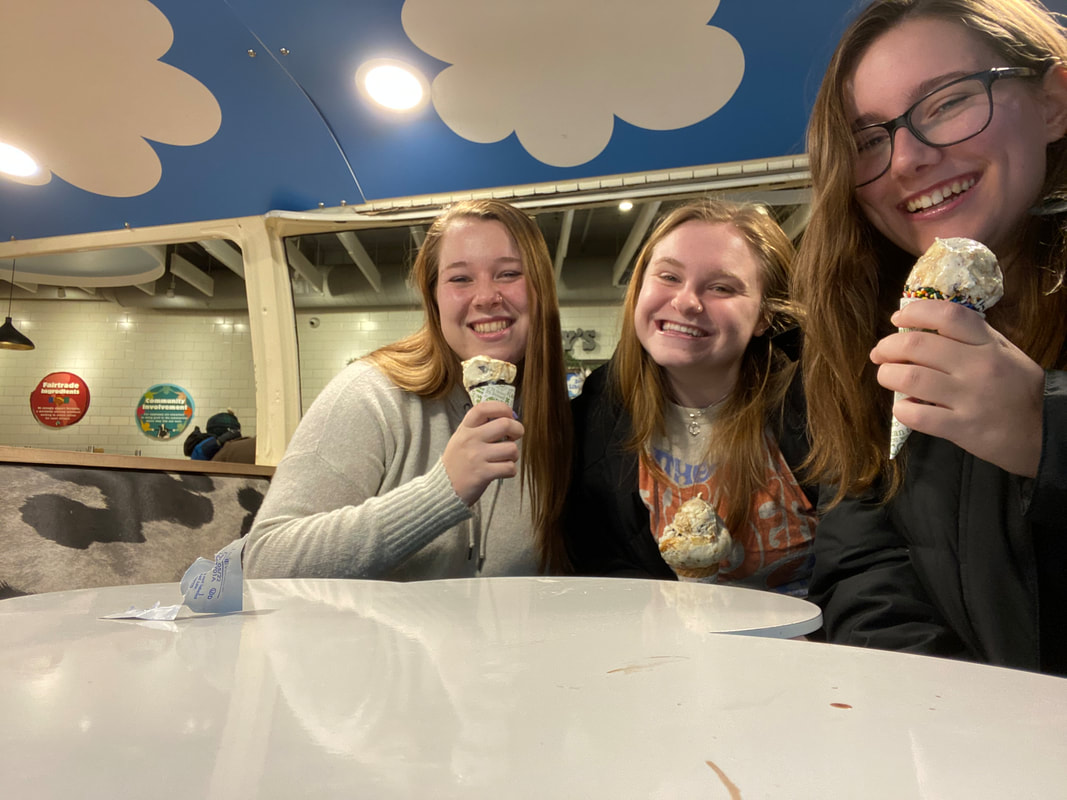
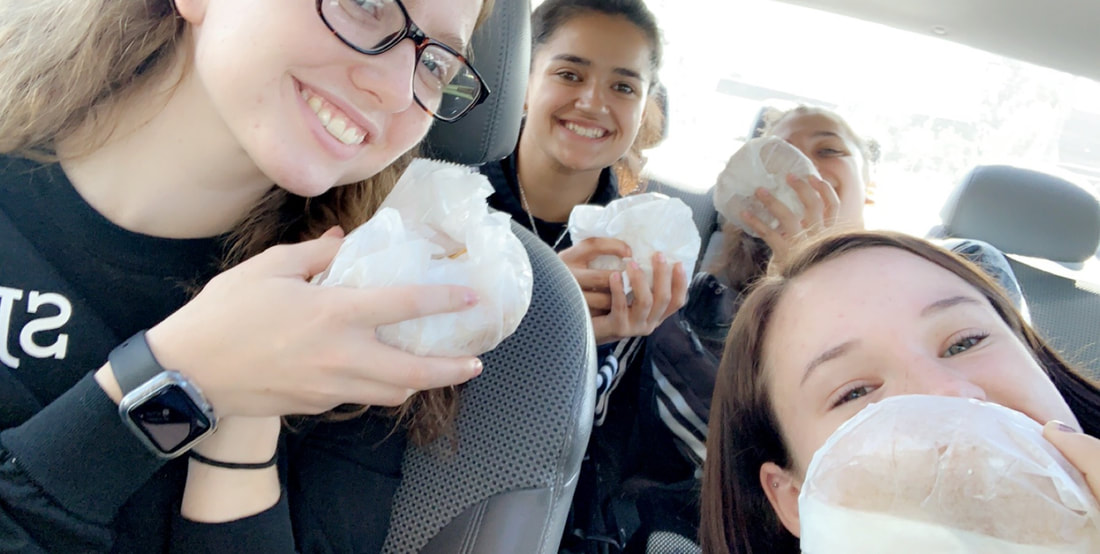
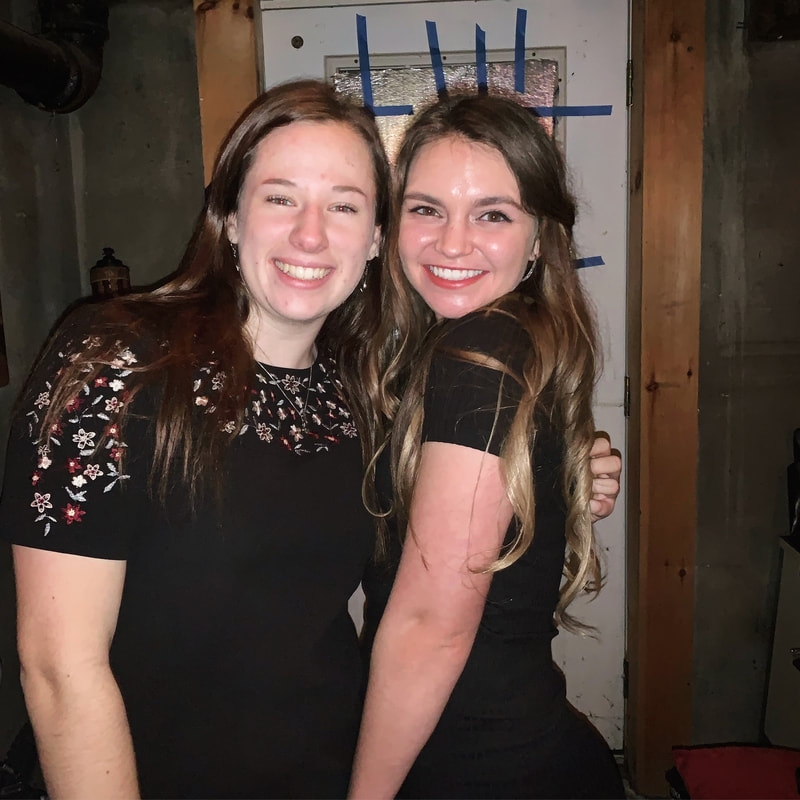
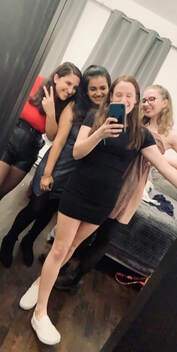
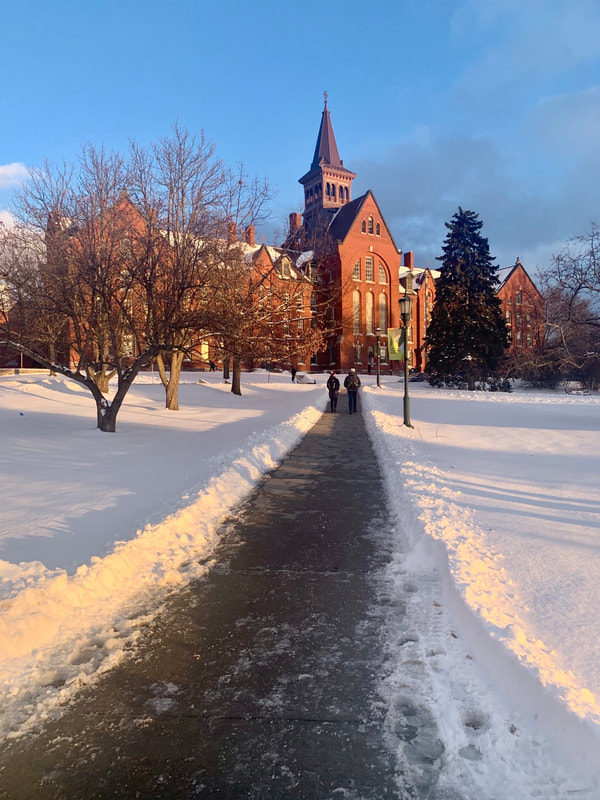
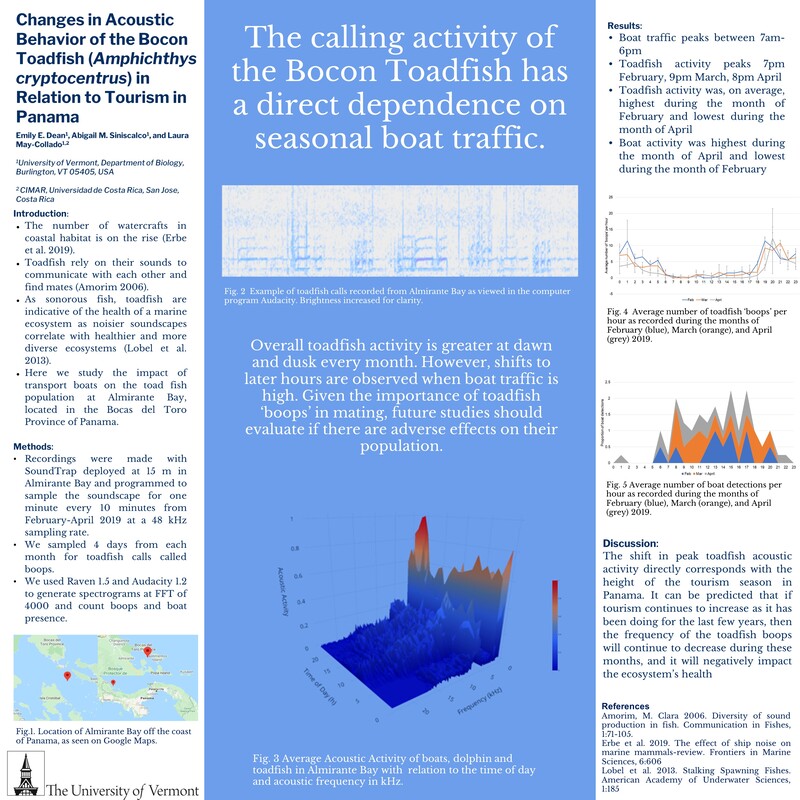
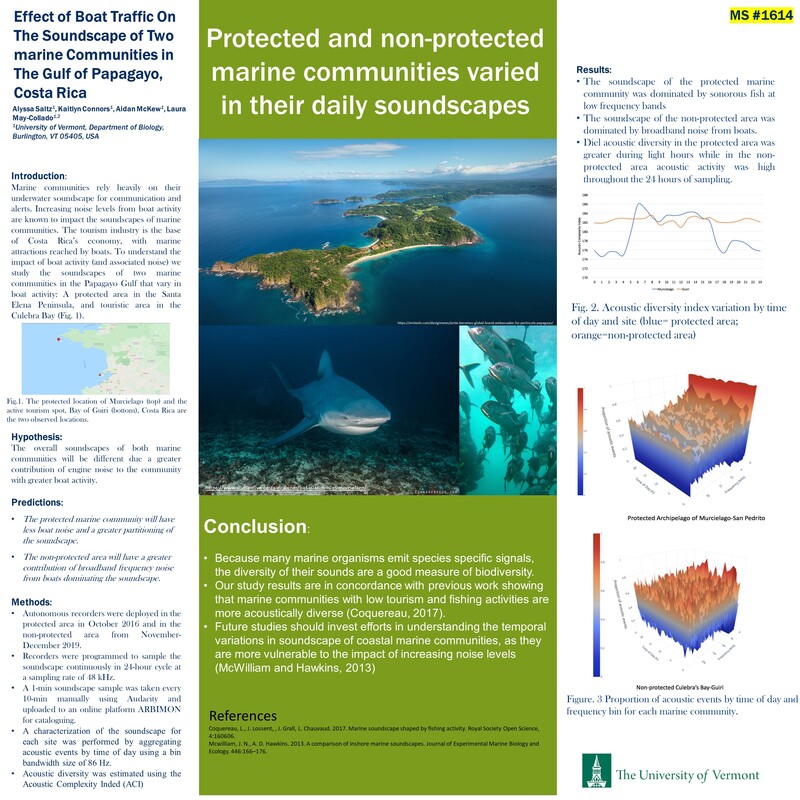
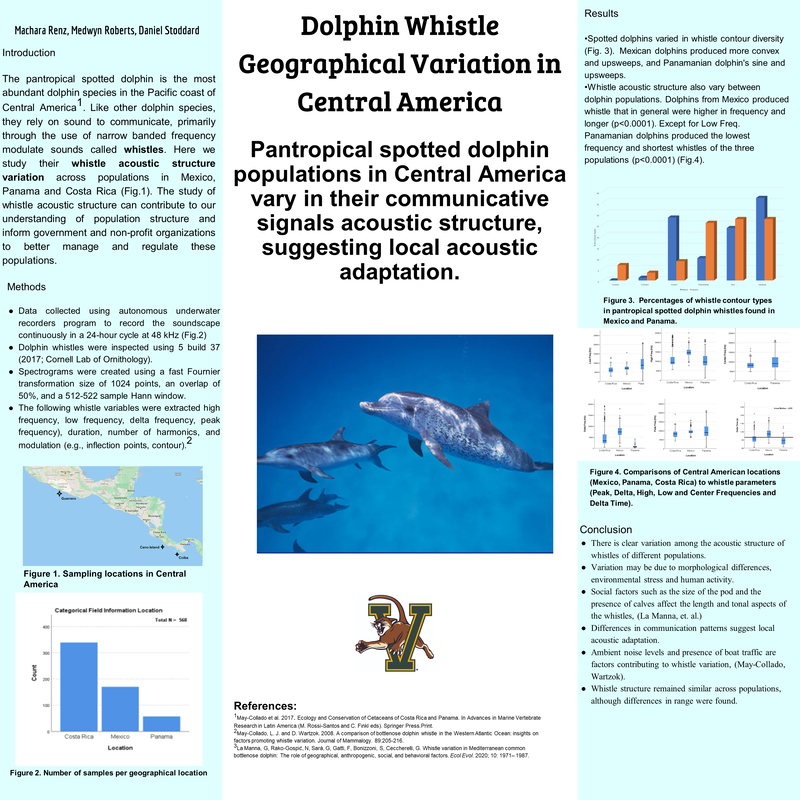
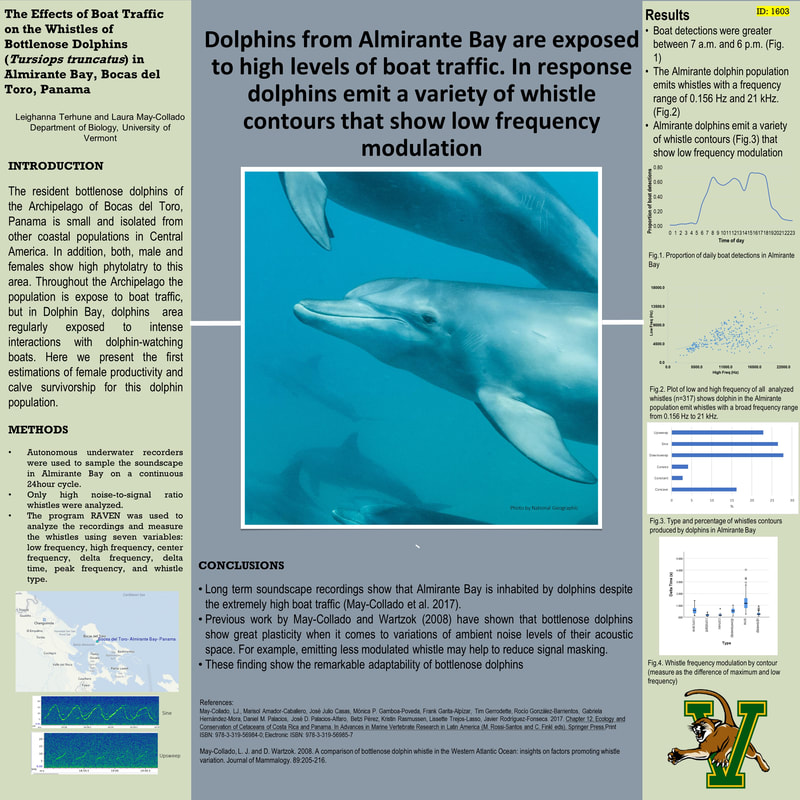
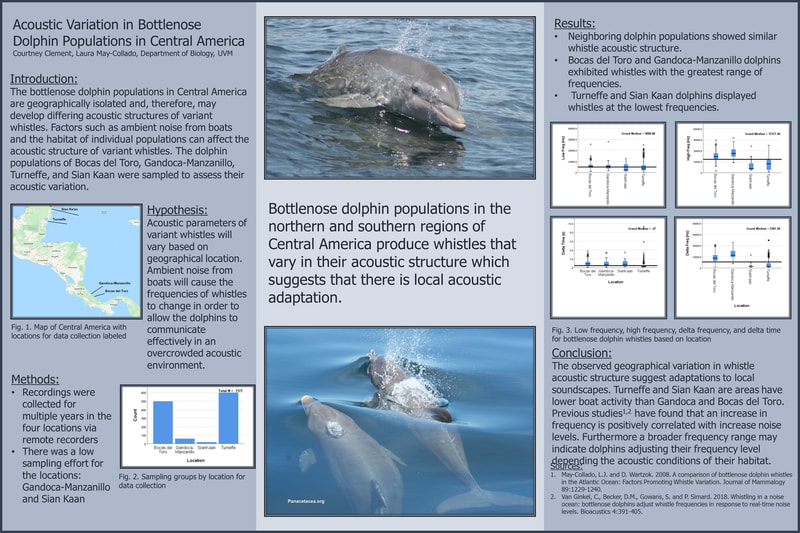
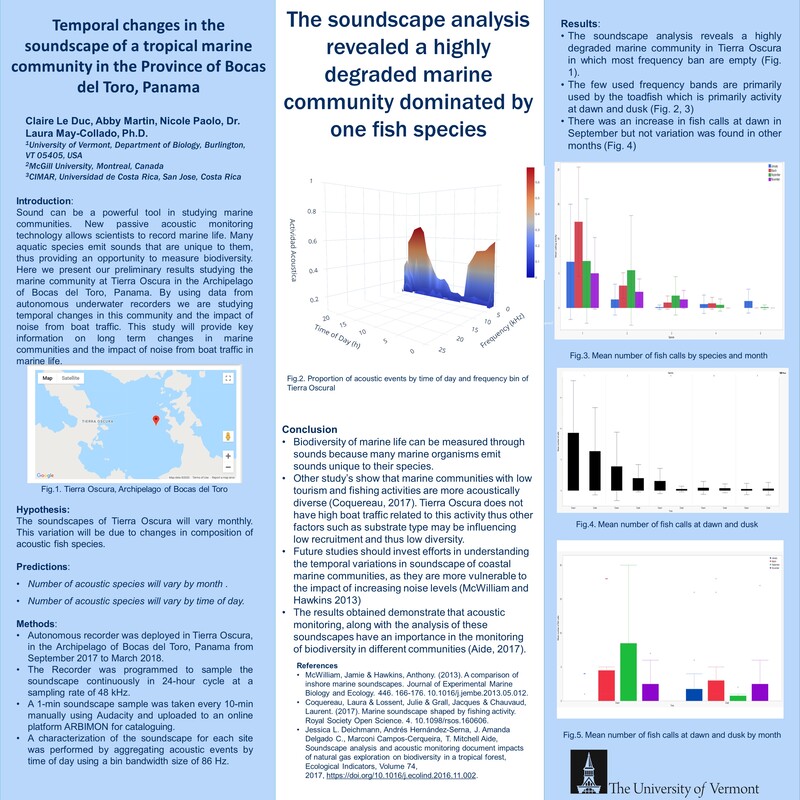
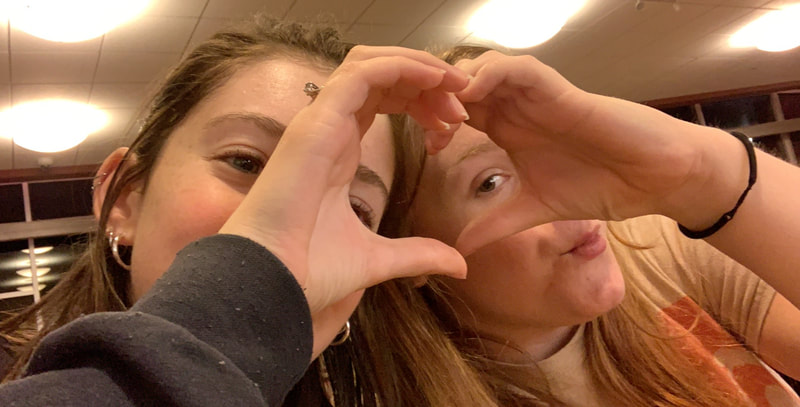
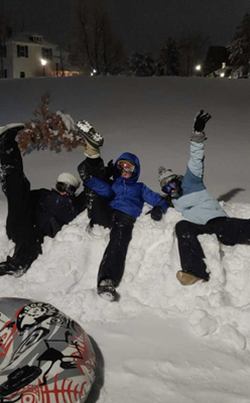
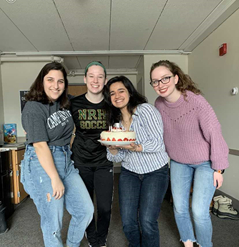
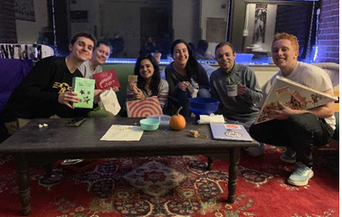
 RSS Feed
RSS Feed
